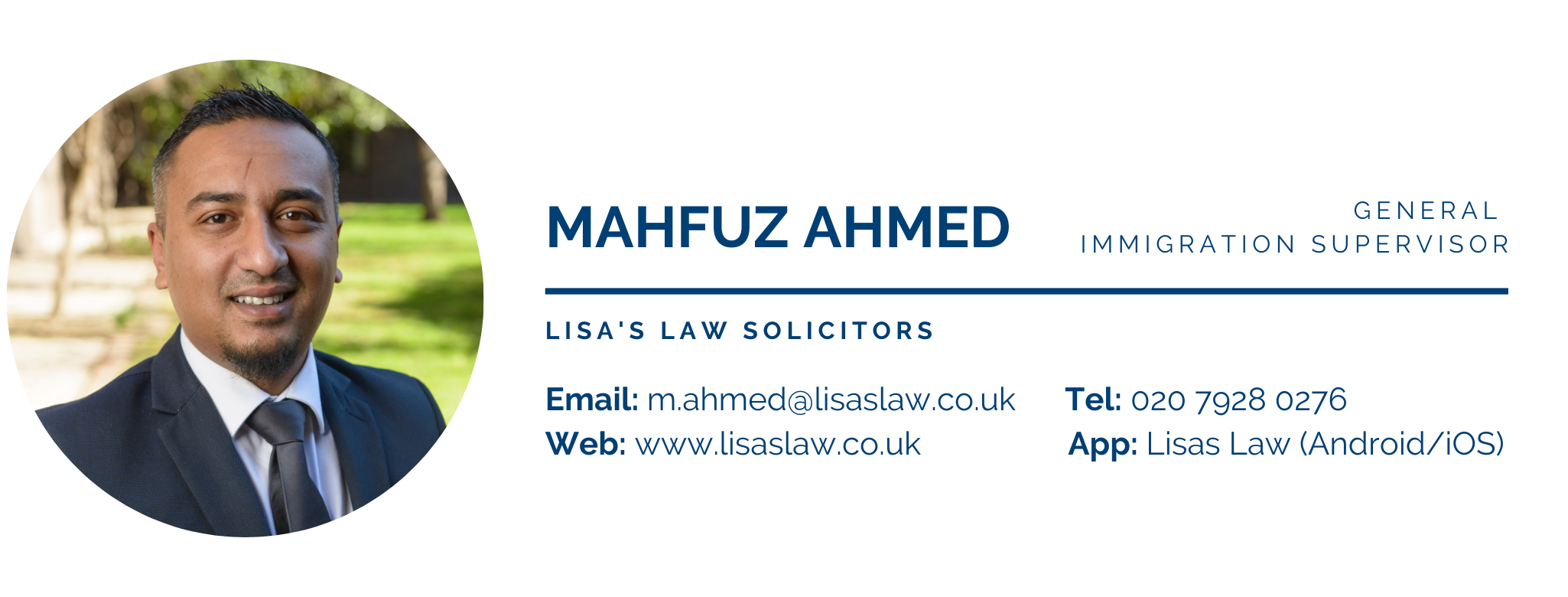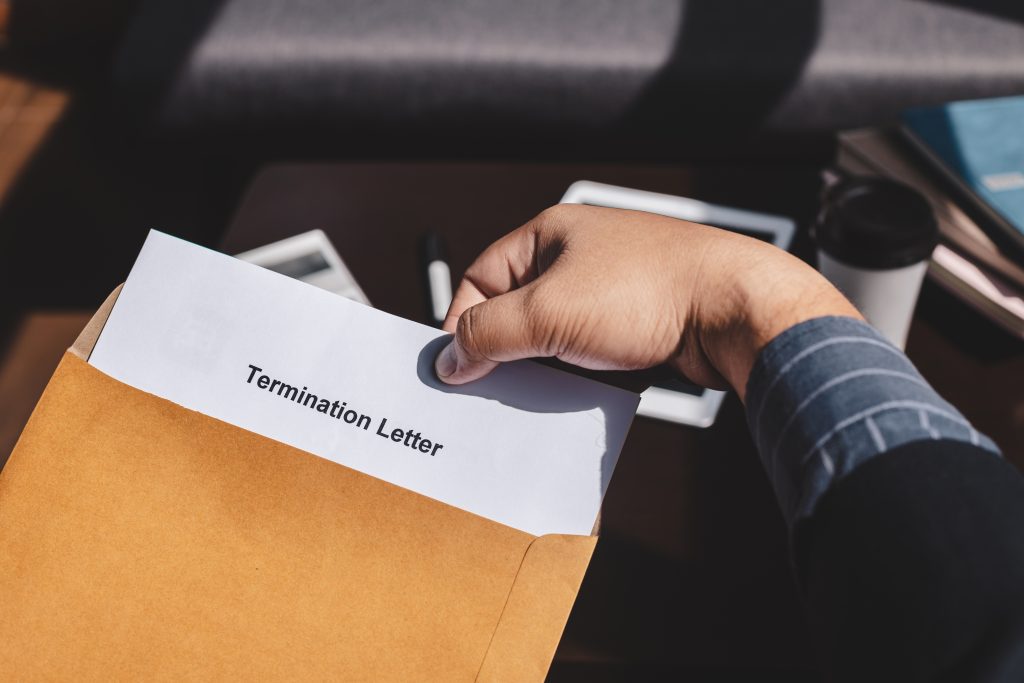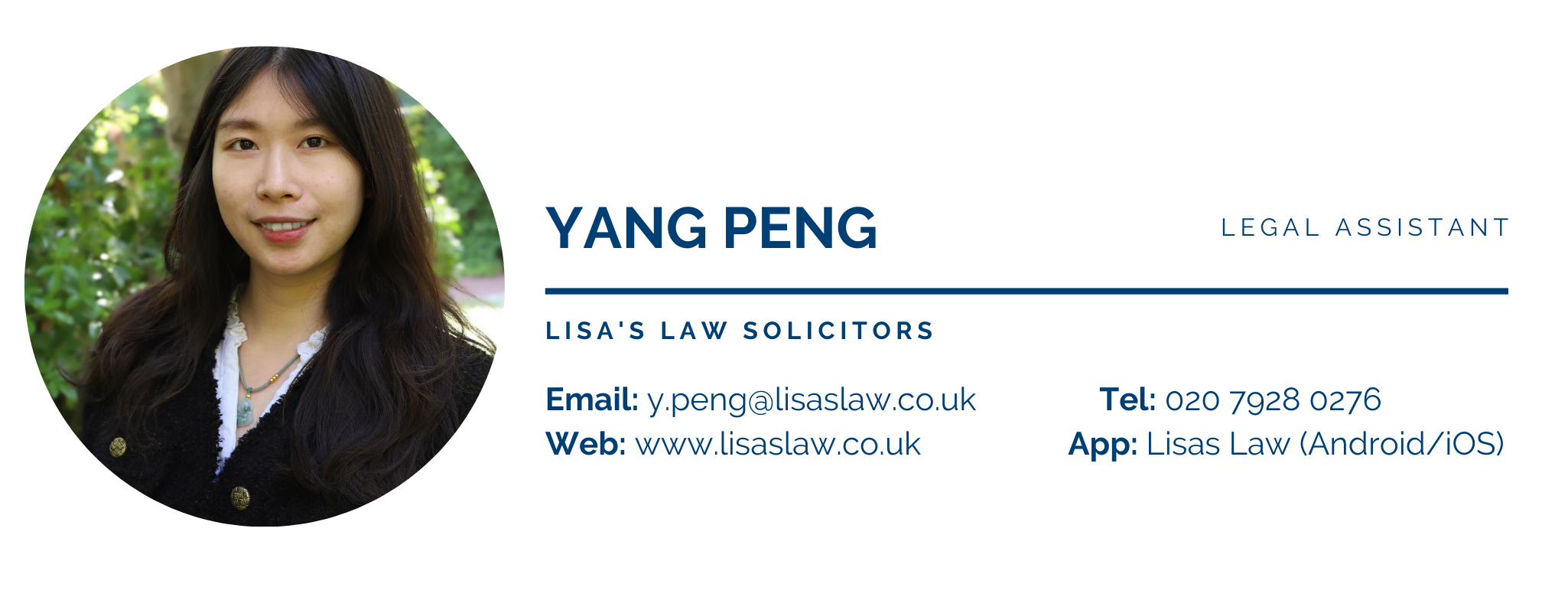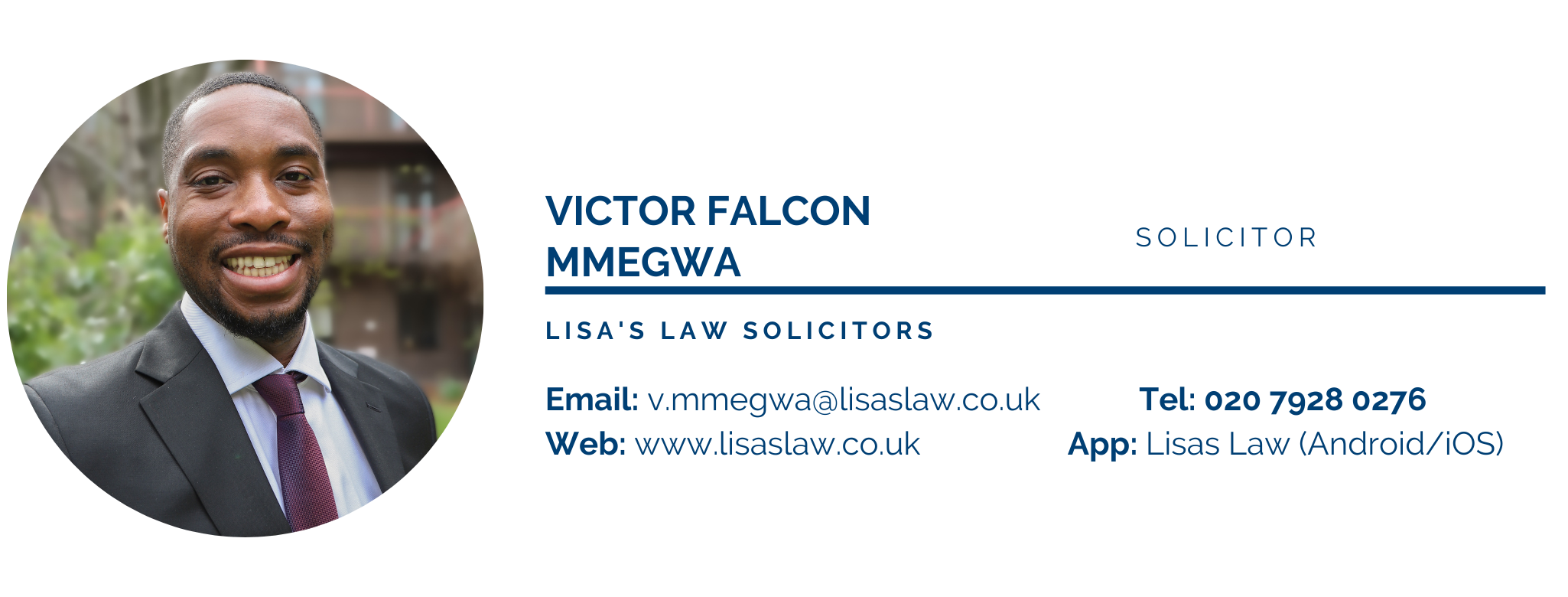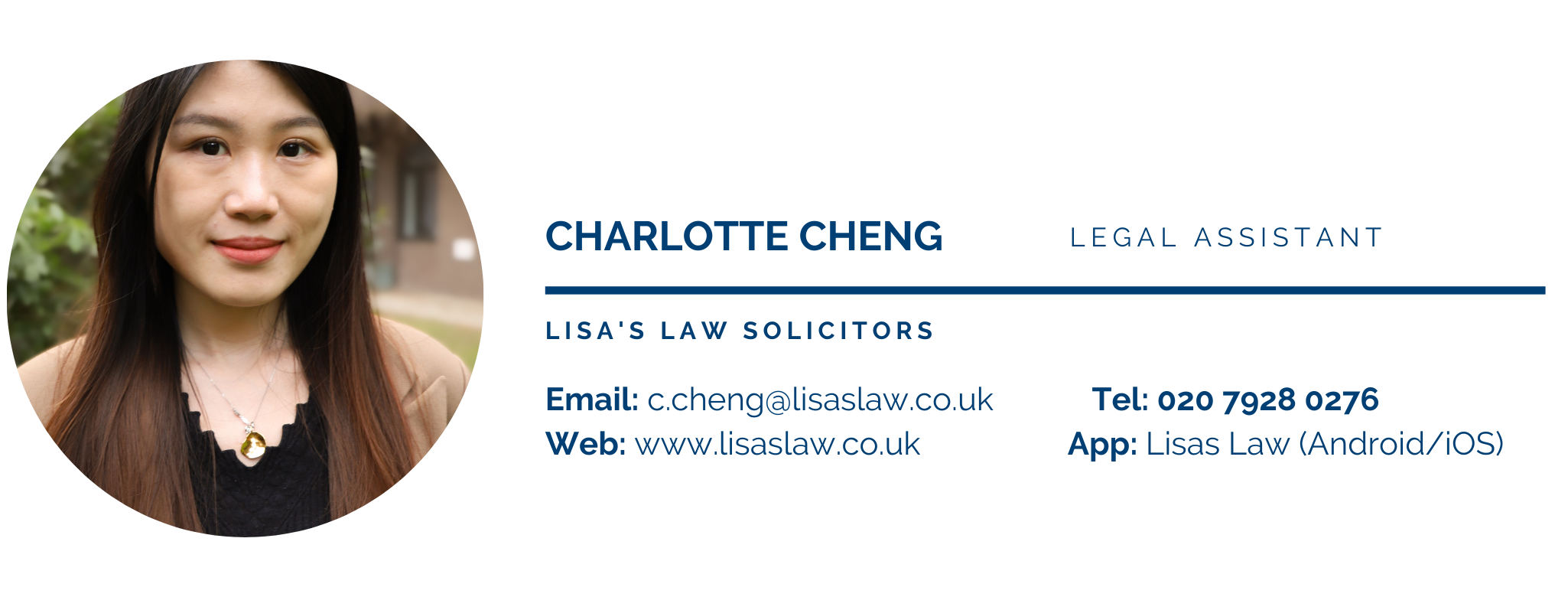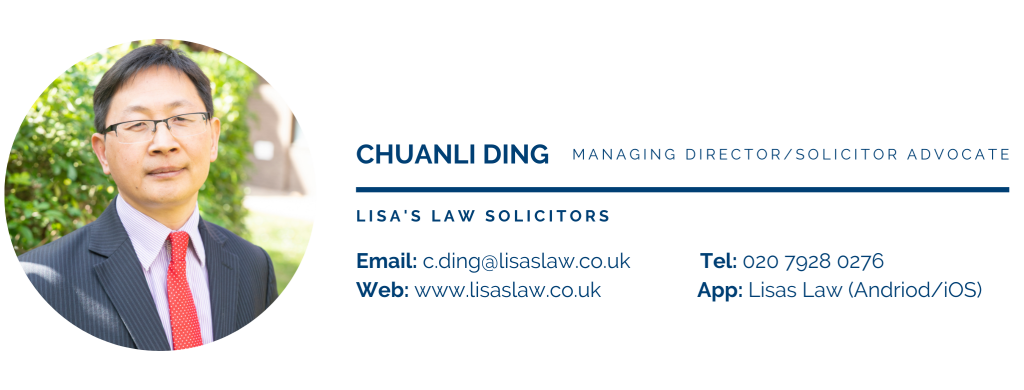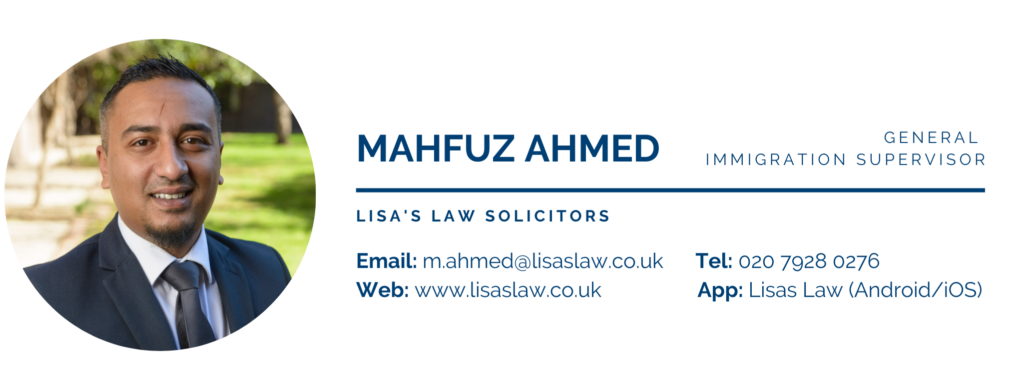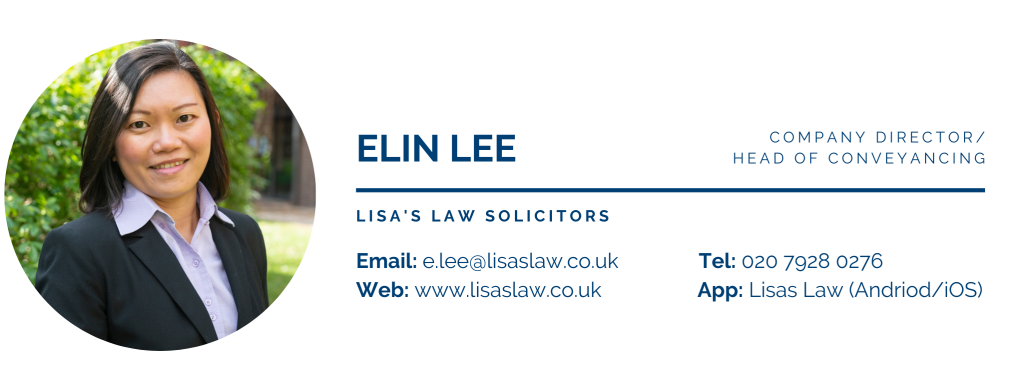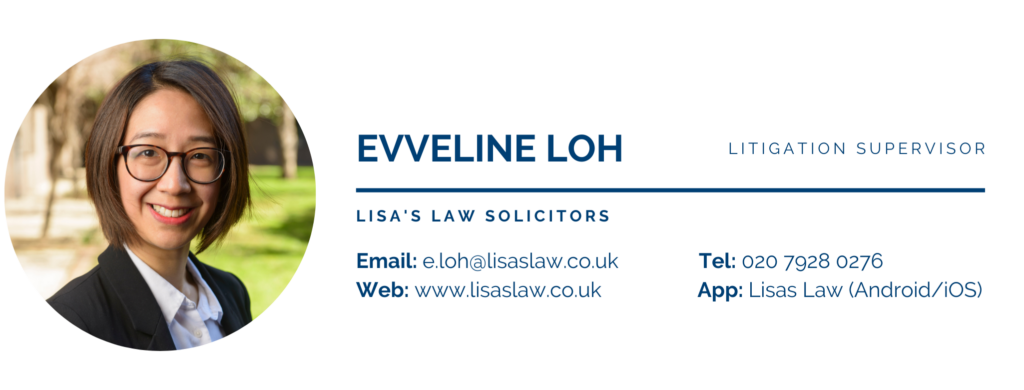How can an employer dismiss an employee fairly? First, let’s demystify what ‘fair dismissal’ actually means. Fair dismissal should otherwise be simply referred to as a ‘dismissal’, which happens when an employer chooses to end an employee’s contract. In common parlance, it usually refers to someone being either sacked or fired.
So, how can a dismissal occur? There are three main ways in which an employee can be dismissed:
- An employer terminating the contract, with or without notice
- A fixed term contract has expired
- An employee has left with or without giving notice. The employee will be entitled to do so due to the employer’s behaviour (constructive dismissal)
But what are the valid reasons for a dismissal? The next section will discuss the reasons employers can use to dismiss an employee fairly.
Reason for dismissal
Whether a dismissal is fair depends on the reason for the dismissal. Fair dismissal grounds are generally based on the following in accordance with the Employment Rights Act 1996:
- Conduct – a conduct by the employee that’s inappropriate or unacceptable by the company (e.g. fraud, physical violence, gross negligence, serious insubordination e.g. refusing to take lawful and reasonable orders from a supervisor
- Capability – an employee who failed to carry out the job or does not have the appropriate qualifications
- Redundancy – the job is no longer needed because the organisation is closing/has closed, they are changing location, or changing the type or number of roles needed to do certain work
- A legal reason – For example, a solicitor who has lost their practising certificate or a doctor who has their licence to practice withdrawn
- ‘Some other substantial reason’ – this is a catch-all provision which allows an employer to dismiss an employee fairly when none of the other fair dismissal terms apply.
What is a fair procedure when it comes to dismissal?
When an employer decides to dismiss an employee, they must show that they acted reasonably and that they followed a full and fair procedure. This will save them a later headache if an employee decides to claim for unfair dismissal and takes their case to an employment tribunal. Employers should follow the Acas Code of Practise on Disciplinary and Grievance Procedures, found here.
If an employer fails to do this, then a dismissal could become an automatic unfair dismissal. This can be true even if the dismissal comes under the five grounds for dismissal as defined under the Employment Rights Act 1996. A tribunal may also be able to increase an unfair dismissal award by up to 25%! In deciding whether an dismissal is fair or not, the tribunal will consider:
- Whether a proper full and fair procedure was followed
- That the employer has a valid reason to dismissal their employee fairly
Full and fair procedure
Employees should be kept well-informed about the details regarding their dismissal. This should involve informing them of:
- The reason why they have been dismissed
- When their employment contract ends
- Whether they have a right to appeal the decision
- And their notice period if they have one
While it is advisable that an employer puts the reasons for the dismissal in writing, it is not always a requirement. Employee have the right to ask for a written statement for their dismissal if:
- Their employment status is an ‘employee’
- They have been employed for at least 2 years
The reason in writing must be provided within 14 days if the employee requests it. It should also be noted that if an employee is pregnant or on maternity leave, the employer must put the reason for their dismissal in writing. This should be done regardless of how long they have been employed.
Our thoughts
Employers should ensure that they are well aware of the law when it comes to dismissing an employee. To summarise, a dismissal is usually classed as fair if one of the five fair reasons for dismissal is cited, the reason is sufficient for the dismissal of the employee, and fair procedure is followed when dismissing the employee. Making a mistake could result in a costly employment tribunal which may result in the employee either being reinstated or having damages paid out to them.
Need advice on any of the topics raised in this article? We are specialists in employment law as well as other aspects of business and commercial law and will be able to provide you with advice on these issues. Contact us today!
Have questions? Get in touch today!
Call us on 020 7928 0276, phone calls are operating as usual and we will be taking calls from 9:30am to 6:00pm.
Email us on info@lisaslaw.co.uk.
Use the Ask Lisa function on our website. Simply enter your details and leave a message, we will get right back to you: https://lisaslaw.co.uk/ask-question/
For more updates, follow us on our social media platforms! You can find them all on our Linktree right here.



